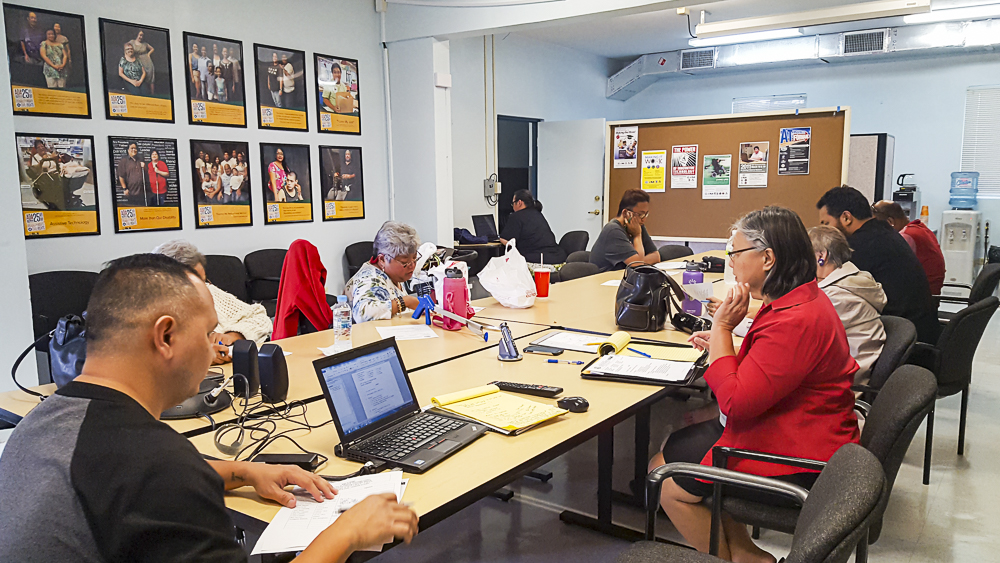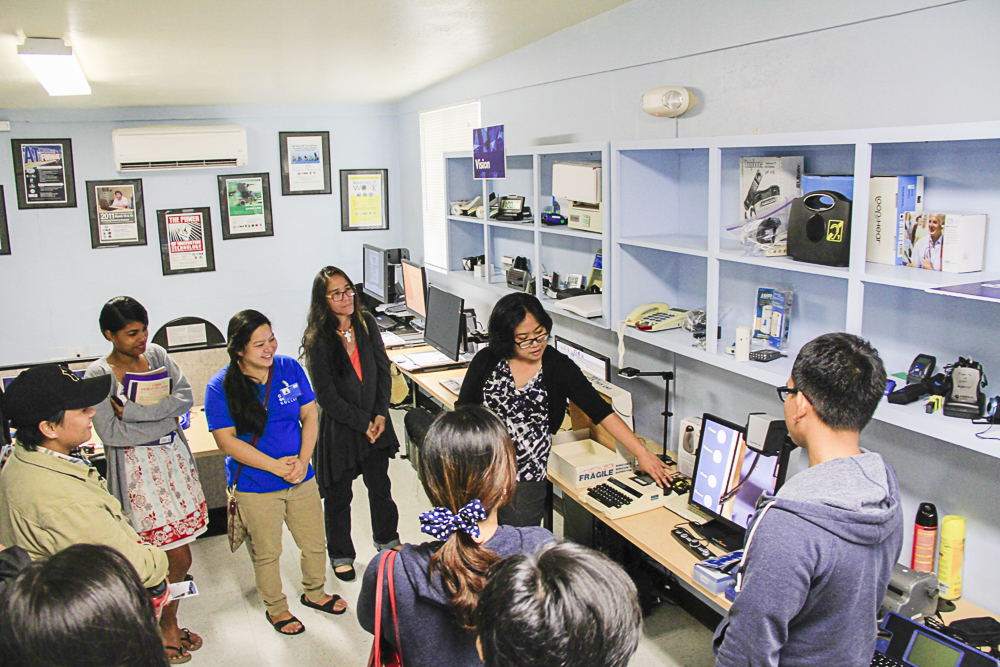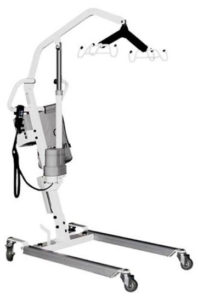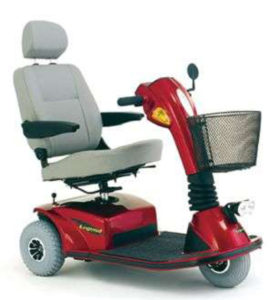
GSAT Conference and Fair Planning Committee Meeting

By Guam CEDDERS

By Guam CEDDERS

By Guam CEDDERS
Employer Assistance and Resource Network (EARN)
The Employer Assistance and Resource Network (EARN) is a service of the National Employer Technical Assistance Center (NETAC) based at Cornell University’s Employment and Disability Institute. NETAC is funded by the Office of Disability Employment Policy, U.S. Department of Labor. EARN’s vision is to increase employment and workplace inclusion for people with disabilities by engaging and empowering employers to be leaders in this effort.
By Guam CEDDERS

For more information, Contact Lynda Tolan at (671) 477-8191.
By Guam CEDDERS

$150.00
For more information, Contact Lynda Tolan at (671) 477-8191.
By Guam CEDDERS

For more information, contact: Evelyn Duenas at (671) 688-6014 or (671) 787-4408
Location:
University of Guam
Dean's Circle, House #19
303 University Drive
Mangilao, GU 96923
Phone: (671) 735-2490/1/3
Email: gsat@guamcedders.org
Affiliate Programs:
Guam CEDDERS
Guam Early Hearing Detection & Intervention (EHDI)